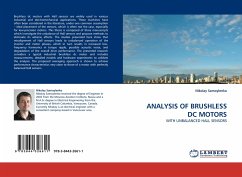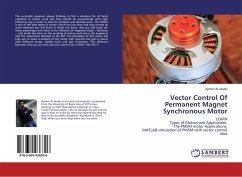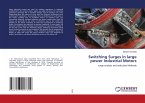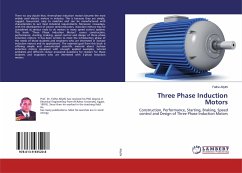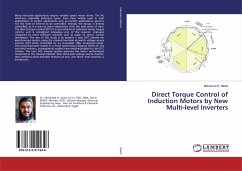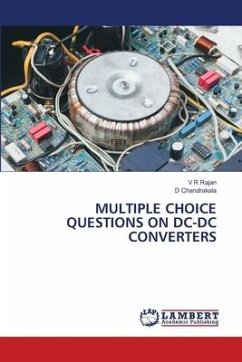Brushless dc motors with Hall sensors are widely used in various industrial and electromechanical applications. These machines have often been considered in the literature, under one common assumption ideal placement of the sensors, which is often not the case, especially for low-precision motors. This thesis is composed of three manuscripts which investigate the unbalance of Hall sensors and propose methods to eliminate its adverse effects. The studies presented here show that misalignment of Hall sensors leads to unbalanced operation of the inverter and motor phases, which in turn results in increased low-frequency harmonics in torque ripple, possible acoustic noise, and degradation of the overall drive performance. The presented research considers a typical industrial brushless dc motor and includes measurements, detailed models and hardware experiments to validate the analysis. The proposed averaging approach is shown to achieve performance characteristics very close to thoseof a motor with perfectly balanced Hall sensors.

